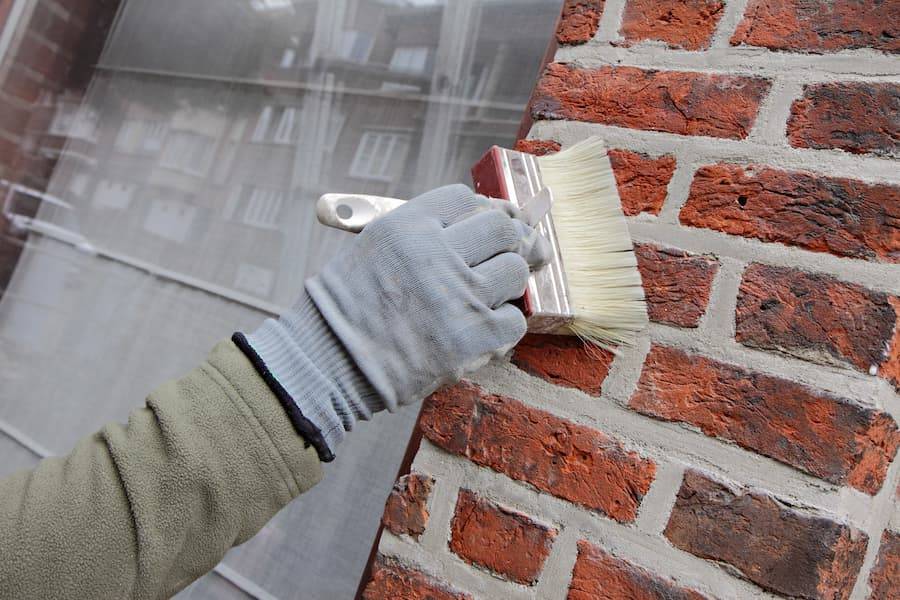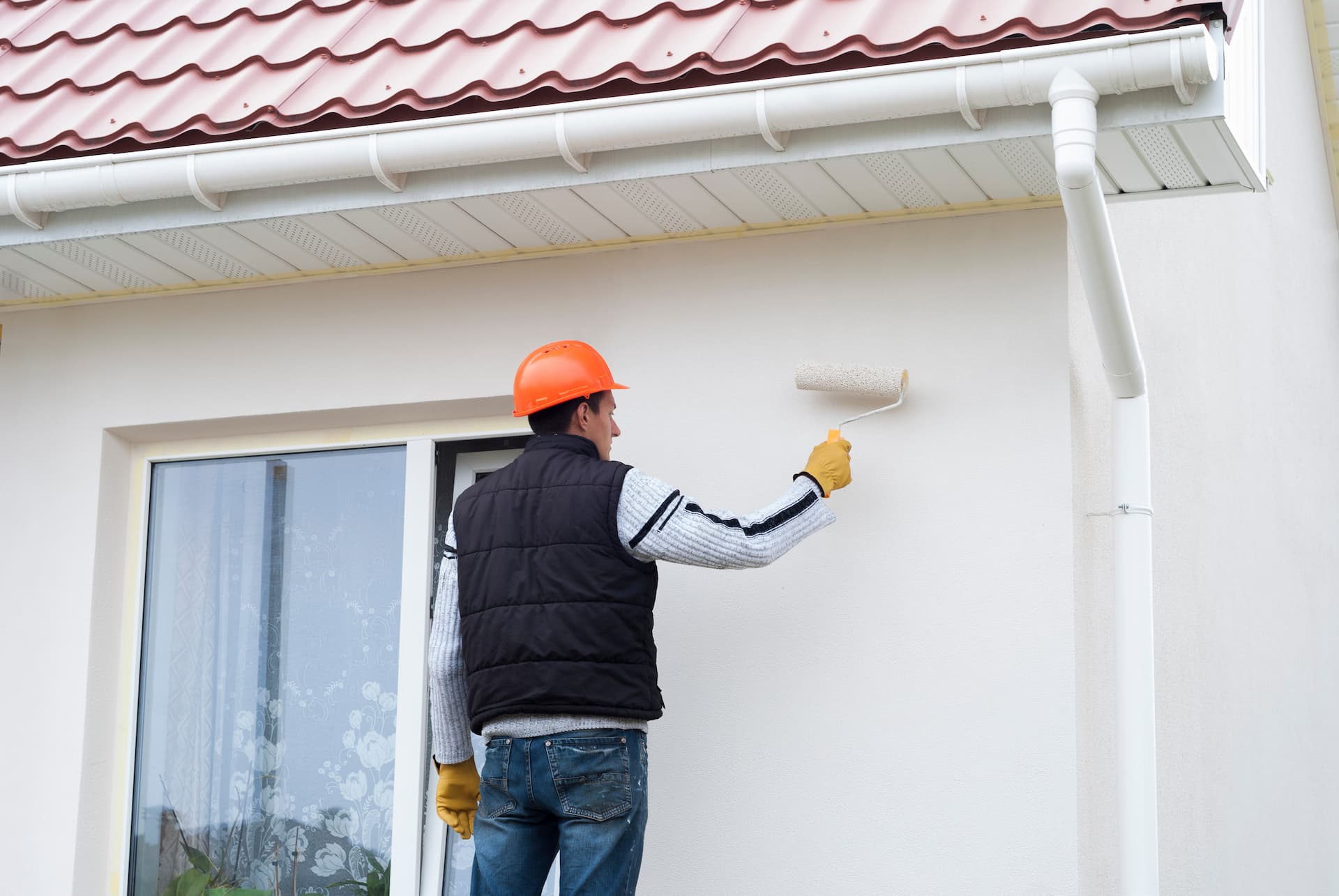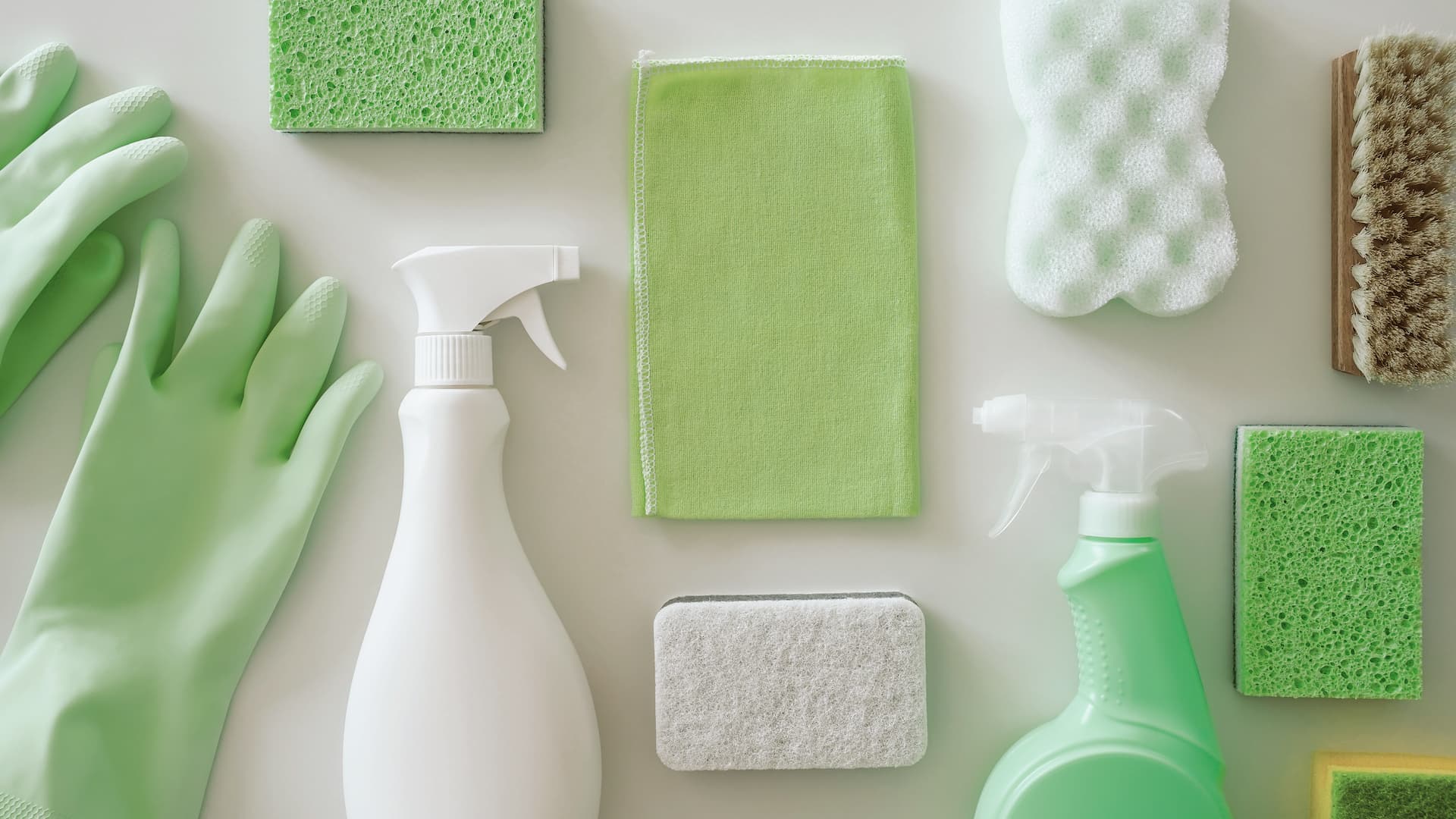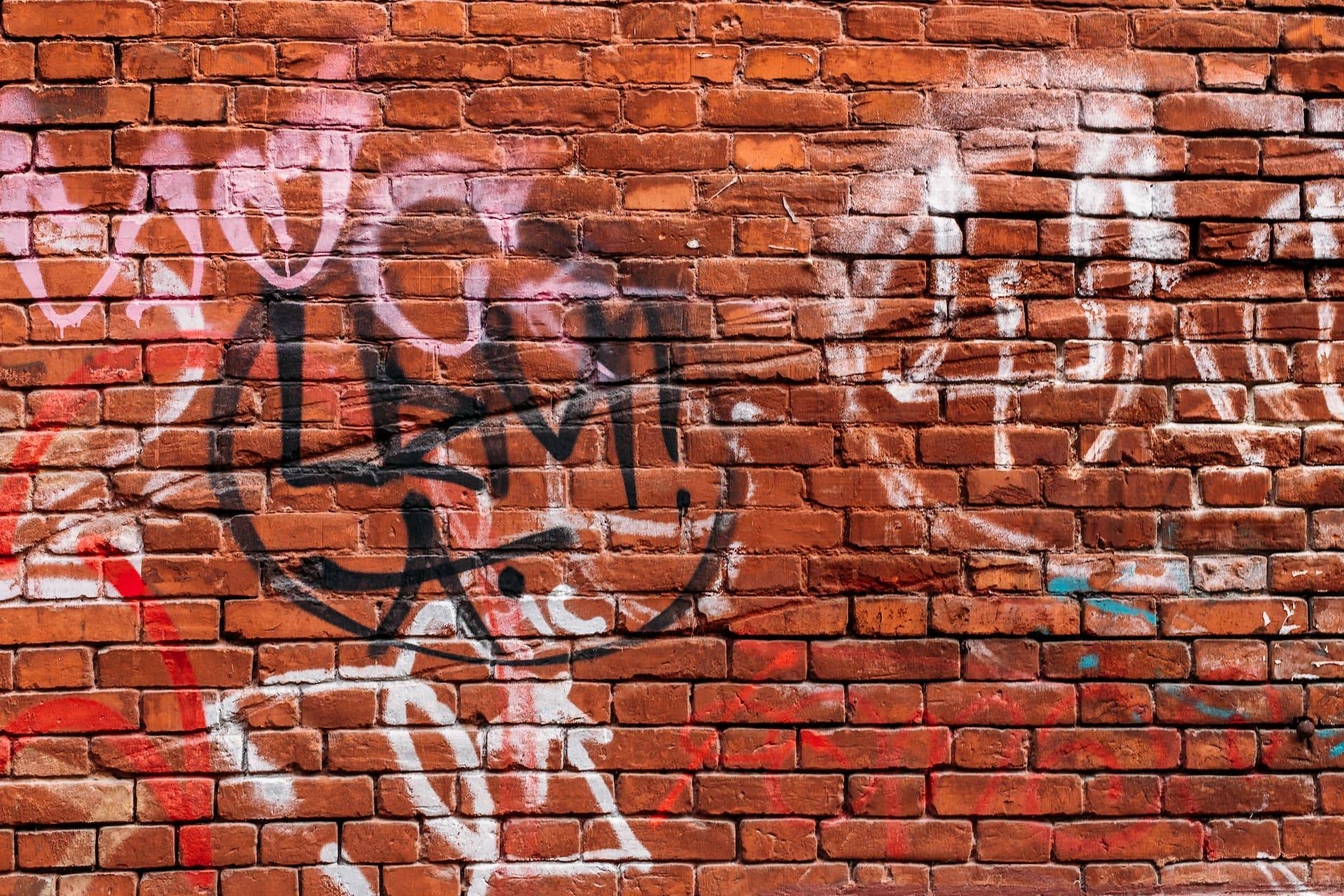Choosing the right primer for masonry paint is essential to ensure a long-lasting and professional finish. Primers play a crucial role in preparing the surface, promoting adhesion, and providing a solid base for the topcoat. This guide will help you understand how to pick the right primer for your masonry paint project.
Understanding Primers
Primers are preparatory coatings applied to surfaces before painting. They enhance the adhesion of the paint, increase durability, and provide additional protection for the material being painted. For masonry surfaces, primers are particularly important as they can help seal porous surfaces, prevent moisture penetration, and create a uniform surface for the topcoat.
The Types Of Primers For Masonry Paint
Acrylic Primer: Acrylic primers are ideal for exterior masonry surfaces. They provide excellent adhesion and flexibility, making them resistant to cracking and peeling. These primers are particularly useful for surfaces that expand and contract with temperature changes.
Epoxy Primer: Epoxy primers are known for their strong bonding properties. They are suitable for areas exposed to heavy wear and tear, such as walkways and driveways. Epoxy primers offer excellent resistance to chemicals and moisture, making them a durable choice for high-traffic areas.
Silicone Primer: Silicone primers are perfect for surfaces exposed to extreme weather conditions. They provide superior waterproofing and enhance the durability of the masonry paint. These primers are ideal for use in areas that experience significant rainfall or humidity.
The Benefits Of Using Primers
- Improved Adhesion: Primers ensure that the masonry paint adheres properly to the surface, preventing peeling and flaking.
- Surface Sealing: They seal porous surfaces, reducing the amount of paint needed and preventing moisture infiltration.
- Enhanced Durability: Primers add an extra layer of protection, making the paint job last longer.
- Uniform Finish: They create a smooth and even base, which helps in achieving a professional finish.

Steps For Applying Primer On Masonry Surfaces
- Surface Preparation: Before applying primer, it’s crucial to prepare the surface thoroughly. Clean the surface to remove dirt, grease, and loose particles. Repair any cracks or damages to ensure a smooth application. Proper surface preparation ensures the primer adheres well and performs effectively.
- Choosing the Right Primer: Select a primer that is suitable for your specific masonry surface and the environmental conditions it will be exposed to. Consider the type of masonry paint you will be using and match the primer accordingly. For example, if you are using a silicone-based paint, a silicone primer would be most compatible.
- Application: Apply the primer evenly using a brush, roller, or sprayer. Follow the manufacturer’s instructions regarding drying time before applying the topcoat. It is important to ensure that the primer is fully dry and cured to achieve the best results. Applying the primer in thin, even coats can help avoid drips and ensure a smooth finish.
Contact Hydron PC For Masonry Paints & Primers
Selecting the right primer for masonry paint is important for achieving a durable and professional finish. By understanding the different types of primers and their benefits, you can make an informed decision that will enhance the longevity and appearance of your paint job. Remember to prepare the surface properly and follow the application guidelines to ensure the best results. For high-quality primers and masonry paints, choose Hydron PC.


